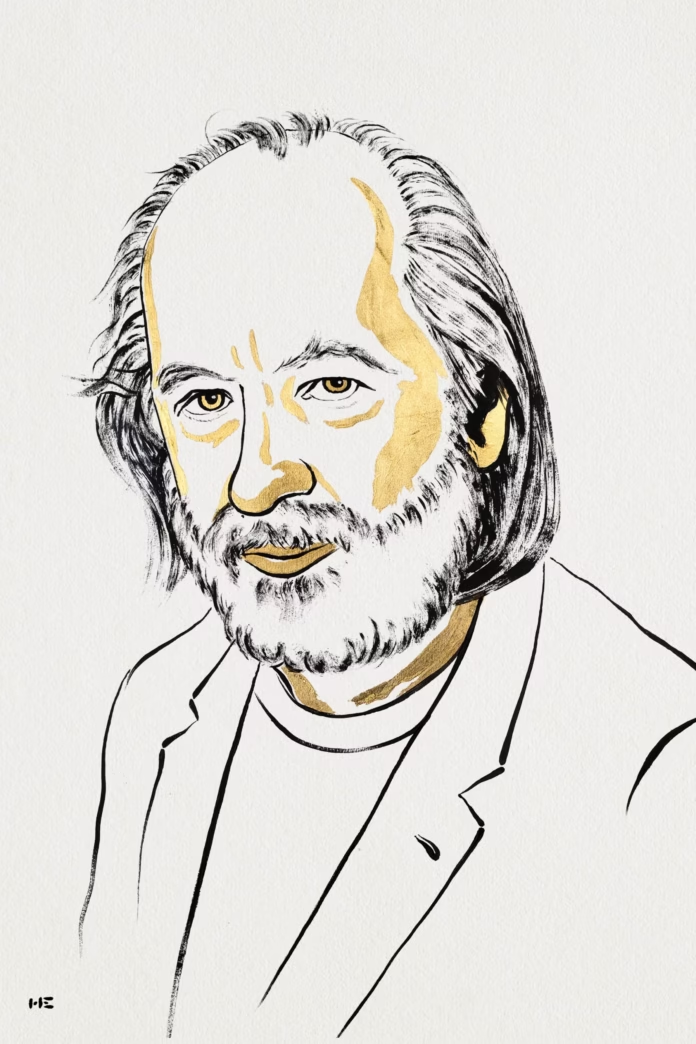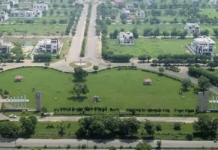Nobel Prize in Literature 2025 announced
Kanwar Inder Singh/ royalpatiala.in News/ October 9,2025
The Nobel Prize in Literature for 2025 is awarded to the Hungarian author László Krasznahorkai, ‘for his compelling and visionary oeuvre that, in the midst of apocalyptic terror, reaffirms the power of art.”
The Nobel Prize in Literature is awarded by the Swedish Academy, Stockholm, Sweden.
László Krasznahorkai is a great epic writer in the Central European tradition that extends through Kafka to Thomas Bernhard, and is characterised by absurdism and grotesque excess. But there are more strings to his bow, and he also looks to the East in adopting a more contemplative, finely calibrated tone.
Krasznahorkai was born in 1954 in the small town of Gyula in southeast Hungary, near the Romanian border. A similar remote rural area is the scene of Krasznahorkai’s first novel Sátántangó, published in 1985 (Satantango, 2012), which was a literary sensation in Hungary and the author’s breakthrough work. The novel portrays, in powerfully suggestive terms, a destitute group of residents on an abandoned collective farm in the Hungarian countryside just before the fall of communism. Silence and anticipation reign, until the charismatic Irimiás and his crony Petrina, who were believed by all to be dead, suddenly appear on the scene. To the waiting residents, they seem as messengers either of hope or of the last judgement. The satanic element referred to in the title of the book is present in their slave morality and in the pretences of the trickster Irimiás which, effective as they are deceitful, leave almost all of them tied up in knots. Everyone in the novel is waiting for a miracle to happen, a hope that is from the very outset punctured by the book’s introductory Kafka motto: ‘In that case, I’ll miss the thing by waiting for it.’ The novel was made into a highly original 1994 film in collaboration with the director Béla Tarr.
The American critic Susan Sontag soon crowned Krasznahorkai contemporary literature’s ‘master of the apocalypse’, a judgement she arrived at after having read the author’s second book Az ellenállás melankóliája (1989; The Melancholy of Resistance, 1998). Here, in a feverish horror fantasy played out in a small Hungarian town nestled in a Carpathian valley, the drama has been heightened even further. From the very first page, we – together with the charmless Mrs Pflaum – find ourselves entering a dizzying state of emergency. Ominous signs abound. Crucial to the dramatic sequence of events is the arrival in the city of a ghostly circus, whose main attraction is the carcass of a giant whale. This mysterious and menacing spectacle sets extreme forces in motion, prompting the spread of both violence and vandalism. Meanwhile, the inability of the military to prevent anarchy creates the possibility of a dictatorial coup. Employing dreamlike scenes and grotesque characterisations, László Krasznahorkai masterfully portrays the brutal struggle between order and disorder. None may escape the effects of terror.
In the novel Háború és háború (1999; War & War, 2006) Krasznahorkai shifts his attention beyond the borders of his Hungarian homeland in allowing the humble archivist Korin to decide, as his life’s final act, to travel from the outskirts of Budapest to New York such that he might, for a moment, take his place at the centre of the world. Back home in the archives, he has found an exceptionally beautiful ancient epic about returning warriors that he hopes to make known to the world. Krasznahorkai’s prose has developed towards the flowing syntax with long, winding sentences devoid of full stops that has become his signature.
On 27 November 1895, Alfred Nobel signed his last will and testament, giving the largest share of his fortune to a series of prizes, the Nobel Prizes. As described in Nobel’s will one part was dedicated to “the person who shall have produced in the field of literature the most outstanding work in an ideal direction.”
118 Nobel Prizes in Literature have been awarded since 1901. It was not awarded on seven occasions: in 1914, 1918, 1935, 1940, 1941, 1942, and 1943.












